How to Choose the Best Isolate Protein for Your Needs
When it comes to selecting the best isolate protein to meet your health and fitness goals, the choices can, admittedly, be overwhelming. With a wide variety of options available, making an informed decision is crucial to achieving the desired results. This guide will break down the essential factors to consider, from fitness goals and dietary restrictions to budget, helping you choose the ideal isolate protein for your needs.”
Understanding Isolate Protein
Isolate protein is a highly refined form of protein, offering a higher protein content and fewer fats and carbs compared to other types like concentrates. Consequently, it has become a popular choice among athletes, bodybuilders, and health-conscious individuals. However, how do you determine if it’s the right fit for your lifestyle? To answer this, let’s explore further.
Key Benefits of Isolate Protein
- High Protein Content: Typically contains 90% or more protein by weight.
- Low in Lactose: Ideal for those with mild lactose intolerance.
- Easily Digestible: Quick absorption makes it perfect for post-workout recovery.
- Supports Muscle Growth: Provides essential amino acids needed for muscle repair.
- Versatile: Can be used in shakes, recipes, or baked goods.
Factors to Consider When Choosing Isolate Protein
Fitness Goals
Your fitness goals play a significant role in determining the type of isolate protein that will work best for you. Below, we’ll delve deeper into this aspect.
Protein for Muscle Gain
If your primary objective is to build muscle so look for:
- High Amino Acid Profile: Ensure the protein includes branched-chain amino acids (BCAAs).
- Fast Absorption Rate: Opt for whey isolate for quick post-workout recovery.
- Protein-to-Calories Ratio: Choose an isolate with a high protein content and minimal calories.
Protein for Weight Loss
For those aiming to shed pounds:
- Low-Calorie Options: Select isolates with minimal added sugars or fats.
- Appetite Control: Consider proteins with added fiber or ingredients that enhance satiety.
- Thermogenic Additives: Some isolates include green tea extract or caffeine to boost metabolism.
Protein for Endurance Training
Endurance athletes have unique needs:
- Sustained Energy: Look for proteins combined with carbohydrates for long-lasting fuel.
- Electrolyte Support: Additionally, Some isolates come with added electrolytes to replenish minerals lost during workouts.
Dietary Restrictions
Many individuals have specific dietary requirements. with that in mind, here’s how to navigate them when choosing isolate protein.
Lactose Intolerance
- Whey Isolate: While it contains less lactose than whey concentrate, always check the label to confirm.
- Plant-Based Isolates: Pea, soy, or rice protein isolates are excellent dairy-free alternatives.
Vegan or Vegetarian Diets
For plant-based lifestyles:
- Vegan Certified: Look for certifications to ensure no animal-derived ingredients.
- Complete Protein: Choose blends like pea and rice protein to ensure all essential amino acids.
Allergies and Sensitivities
- Gluten-Free: Verify that the product is certified gluten-free if you have celiac disease or gluten sensitivity.
- No Additives: Avoid isolates with artificial sweeteners, colors, or flavors if you have sensitivities.
Budget Considerations
Protein supplements can vary widely in price. Here’s how to balance cost with quality:
Cost-Effective Options
- Bulk Purchases: Larger containers often offer a better price per serving.
- Unflavored Options: These tend to cost less than flavored variants.
Premium Isolates
- Additional Benefits: Premium isolates may include added vitamins, minerals, or digestive enzymes.
- High Purity: More expensive isolates often undergo extra filtration for maximum purity.
Subscription Discounts
- Many brands offer discounts for subscription purchases, helping to save money in the long term.
How to Read an Isolate Protein Label
Understanding labels is key to making an informed purchase. Here’s what to look for:
Protein Content per Serving
- Aim for at least 20-25 grams of protein per serving.
Ingredients List
- Fewer ingredients usually mean higher purity. Avoid unnecessary fillers.
Third-Party Testing
- Look for certifications from organizations like NSF or Informed-Sport to ensure quality and safety.
Top Tips for Choosing the Best Isolate Protein
Match the Protein to Your Goal
- Bulking: Opt for whey isolate with added BCAAs.
- Cutting: Choose low-calorie, high-purity isolates.
- Performance: Select products with additional recovery-supporting ingredients like glutamine.
Prioritize Quality Over Quantity
- High-quality isolates may cost more but deliver better results and fewer side effects.
Test for Tolerance
- Start with a small serving to ensure it suits your digestive system.
Creating a Buying Guide Based on Fitness Goals, Dietary Restrictions, and Budget
Define Your Fitness Goals
- Are you aiming to build muscle, lose weight, or improve endurance? Each goal may require a different protein profile.
Identify Your Dietary Needs
- Assess any dietary restrictions or allergies to narrow your options.
Set a Budget
- Determine how much you’re willing to spend monthly on protein supplements.
Research and Compare Brands
- Read reviews, check certifications, and compare nutritional labels to find the best fit.
Start Small
- Purchase a smaller container initially to test the product before committing to a larger size.
Frequently Asked Questions
Is isolate protein better than concentrate?
- It depends on your goals. Isolate protein is more refined, making it better for those who want high protein with minimal carbs and fats. Concentrate, however, is more cost-effective and suitable for general use.
Can I use isolate protein if I’m lactose intolerant?
- Yes, most isolate proteins are low in lactose, but always check the label to confirm.
How should I consume isolate protein for best results?
- Timing matters. For instance, post-workout shakes are ideal for muscle recovery, whereas morning consumption can, in contrast, help with weight management.
Conclusion
Choosing the best isolate protein for your needs doesn’t have to be daunting. By understanding your fitness goals, dietary restrictions, and budget, you can make an informed decision that supports your health and performance. Remember to prioritize quality, read labels carefully, and start with small servings to find the perfect fit for your lifestyle.
Ready to take the next step? Explore high-quality isolate protein options at Syner Nutrition and discover products tailored to your unique fitness journey. Shop now and fuel your goals today!
FAQs
1. What is the difference between whey protein isolate and whey protein concentrate?
- Answer: Whey protein isolate undergoes additional processing to remove most of the fat, lactose, and carbohydrates, resulting in a higher protein content (90% or more). Whey concentrate, on the other hand, has a slightly lower protein percentage (around 70-80%); however, it retains more fats and carbs. Consequently, this makes it a less refined and often more affordable option.
2. Can isolate protein help with weight loss?
- Answer: Yes, isolate protein can be effective for weight loss. Its high protein content and low calorie, fat, and carbohydrate levels make it a suitable option for calorie-restricted diets. Additionally, it promotes satiety by reducing hunger cravings and, at the same time, helps preserve muscle mass during weight loss.
3. How much isolate protein should I consume daily?
- Answer: The recommended daily protein intake depends on your fitness goals, body weight, and activity level. A general guideline is 0.8 to 1.2 grams of protein per pound of body weight for active individuals or those looking to build muscle. Always consult a nutritionist or healthcare provider for personalized advice.
4. Is plant-based isolate protein as effective as whey isolate?
When comparing plant-based isolate proteins, such as pea or rice protein, to whey isolate, it is important to note that they can be just as effective when combined to provide a complete amino acid profile. Moreover, they serve as an excellent option for vegans, vegetarians, or individuals with dairy allergies. On the other hand, whey isolate typically has a slightly faster absorption rate, which may be more beneficial for post-workout recovery.
- Can isolate protein replace a meal?
In contrast to whole meals, isolate protein can be used as a supplement to support your diet, but it is not a complete meal replacement. This is because it lacks the full spectrum of nutrients, such as healthy fats, fiber, and vitamins, that whole foods provide. However, if you plan to use it as a quick meal substitute, consider blending it with fruits, vegetables, and healthy fats to create a more balanced and nutritious shake.

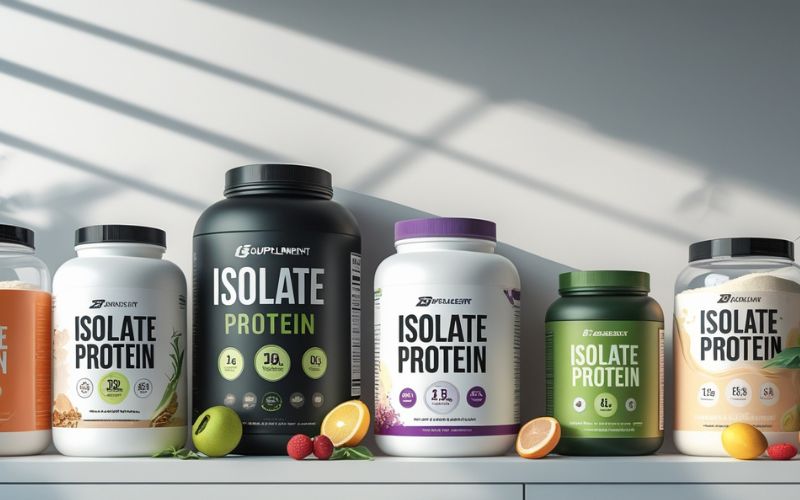


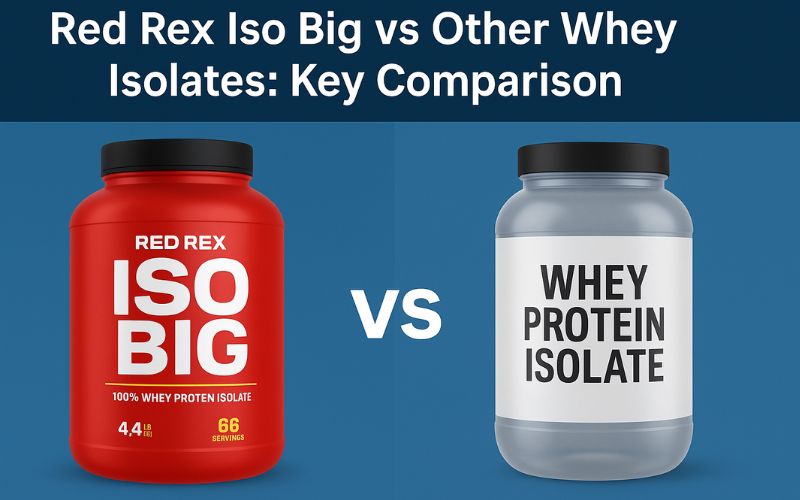
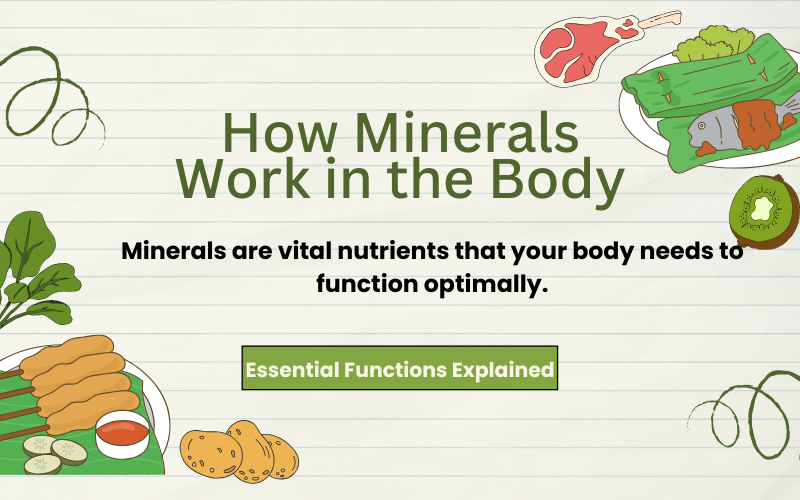
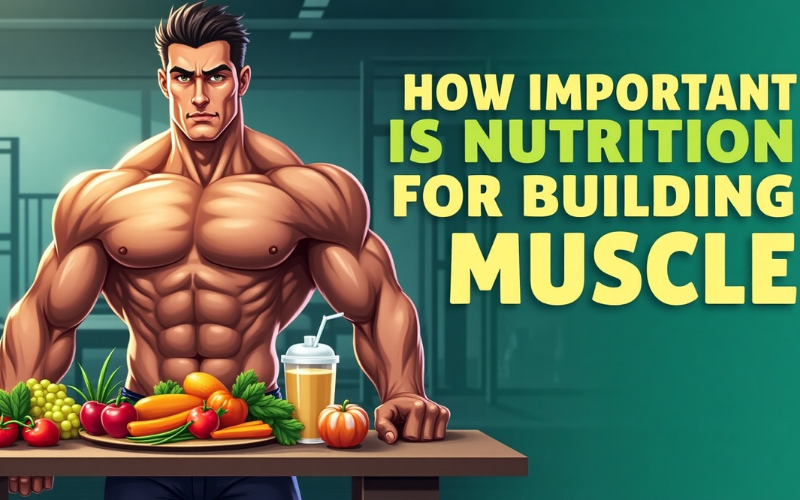
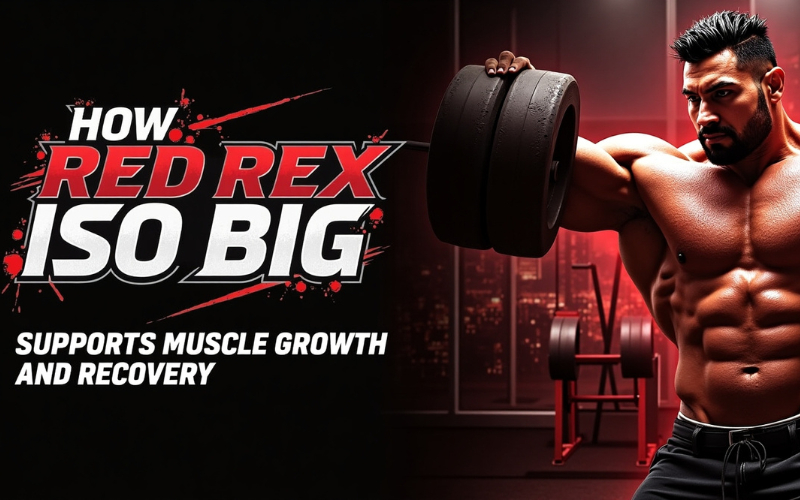
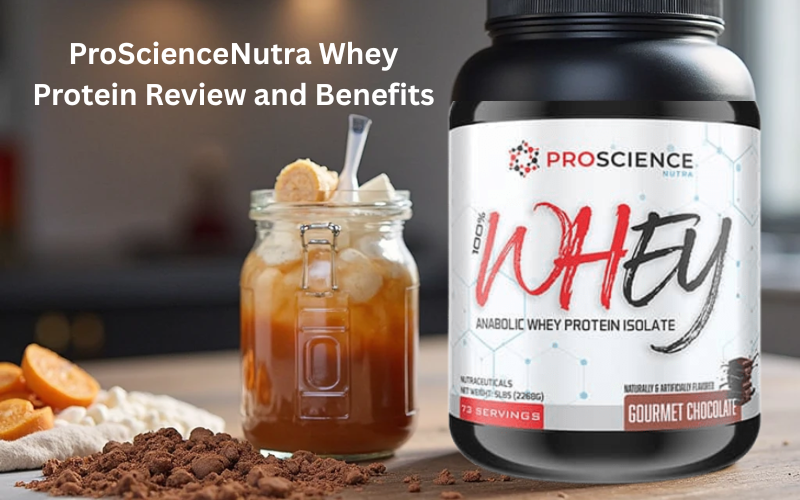
Add comment